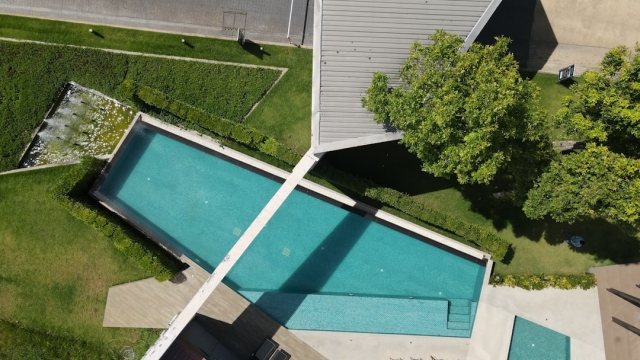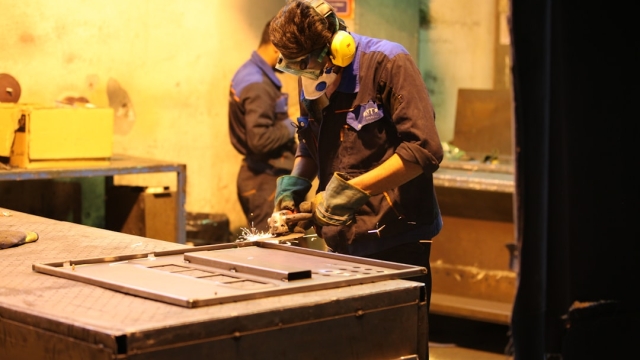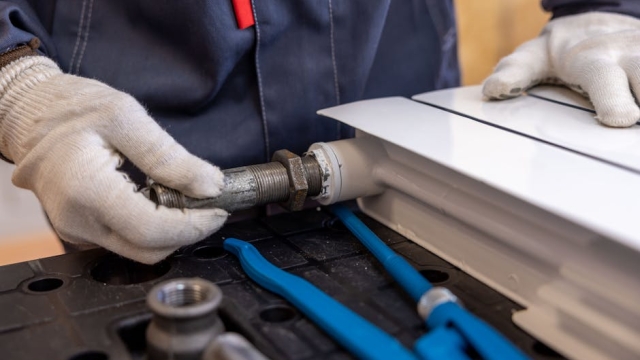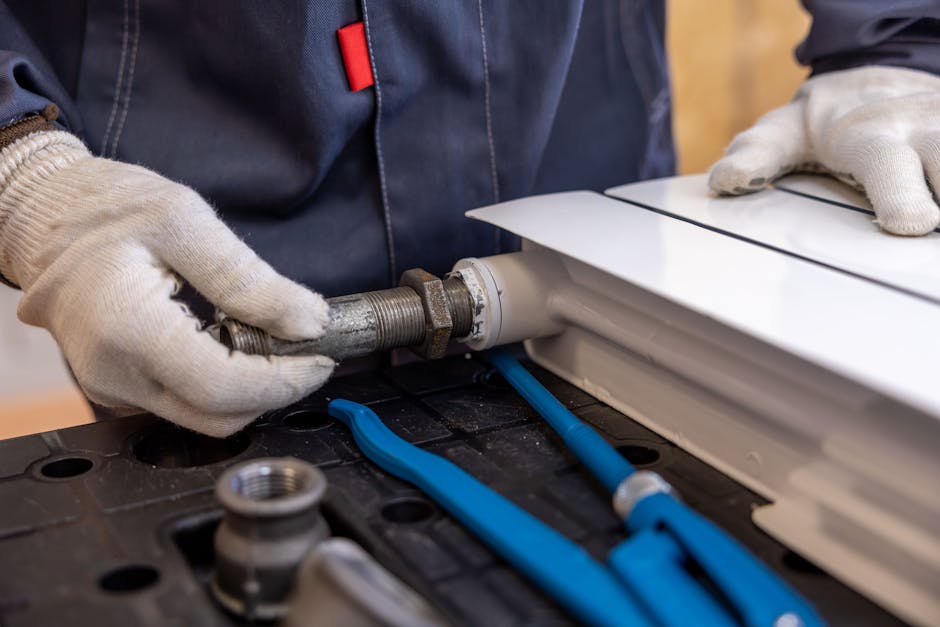In the world of commercial swimming pools, maintaining a pristine and safe environment is essential for both health and enjoyment. comprehensive pool care is crucial, particularly in settings such as health clubs and hospitality venues, where the quality of the experience can directly impact customer satisfaction and safety. A well-maintained pool not only enhances the aesthetic appeal of a facility but also ensures compliance with health regulations, ultimately safeguarding both guests and staff.
The Importance of Comprehensive Pool Care in Commercial Settings
Comprehensive pool care goes beyond simply keeping the water clear and clean. In commercial environments, the stakes are higher, as a malfunctioning pool can lead to health risks, costly repairs, and a tarnished reputation. Regular maintenance and oversight can prevent issues such as algae growth, chemical imbalances, and equipment failures. Furthermore, patrons expect a safe and inviting atmosphere, which can only be achieved through diligent and thorough pool management.
Essential Services Included in Comprehensive Pool Maintenance
A comprehensive pool maintenance plan should encompass a variety of essential services designed to ensure optimal water quality, safety, and functionality. Here are some key components:
| Service | Description |
|---|---|
| Water Quality Testing | Regular testing of pH, chlorine levels, and alkalinity to ensure safe swimming conditions. |
| Equipment Maintenance | Routine checks and repairs of pumps, filters, and heaters to ensure operational efficiency. |
| Safety Inspections | Assessment of pool safety features, including lifeguard stations and emergency equipment. |
| Cleaning Services | Skimming, vacuuming, and cleaning tiles and surfaces to maintain visual appeal and hygiene. |
| Chemical Balancing | Adjustment of chemical levels to prevent contamination and ensure water clarity. |
Each of these services plays a vital role in the overall health of the pool environment. By investing in a comprehensive maintenance plan, facility managers can minimize risks and enhance the experience for all users.
Choosing the Right Pool Care Provider for Health Clubs and Hospitality Venues
Selecting a reliable pool care provider is pivotal for ensuring comprehensive pool care. When evaluating potential providers, consider the following factors:
1. Experience: Look for a company with a proven track record in commercial pool maintenance. Established providers often bring valuable insights and expertise to the table. 2. Certifications: Ensure that the provider holds relevant certifications and adheres to local health and safety regulations. This not only demonstrates professionalism but also ensures compliance with industry standards. 3. Customer Service: A quality provider should offer responsive and attentive customer service. They should be willing to tailor their services to meet the specific needs of your facility. 4. Comprehensive Services: Choose a provider that offers a full range of services, from routine maintenance to emergency repairs. This ensures that all aspects of comprehensive pool care are covered. 5. References and Reviews: Seek out testimonials from other commercial clients. Positive feedback from similar establishments can offer reassurance about the provider’s reliability and quality of work.
Ongoing Pool Care Practices for Venue Managers
In addition to outsourcing maintenance, venue managers can implement ongoing practices to support comprehensive pool care. Here are some tips:
– Educate Staff: Train staff on basic pool maintenance tasks and safety protocols to empower them in the upkeep of the facility. – Regular Inspections: Conduct frequent visual inspections of the pool area, looking for signs of wear, cleanliness, and safety compliance. – Customer Feedback: Encourage patrons to provide feedback regarding pool conditions. This can help identify issues early and enhance guest satisfaction. By understanding the significance of comprehensive pool care and implementing robust maintenance practices, commercial pool managers can create a welcoming and safe environment that enhances the overall experience for patrons. For more information on professional pool services tailored to commercial needs, visit [Dolphin Pool Services](https://dolphinpooldmv.com/commercial-pools).



















